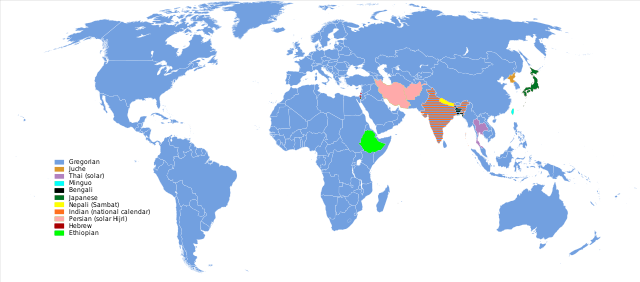

I stopped playing it after the credits rolled only for someone to tell me there’s a secret Act 3 if you do some really specific stuff. I don’t really care for games that require guides, especially if they gate a bunch of content behind it, so I never came back to it.
However, I did enjoy the first two acts of Silksong much more than the first game. I was never a big fan of Hollow Knight and considered it among the worst of popular metroidvanias. But Silksong was pretty good outside of the fetch quests. Unlockable alternate move sets was probably my favorite bit












Good question. Really depends on what it is, I think. I just watched the movie Melancholia which is pretty ambiguous about its setting. I was wavering between US and UK based on the accents, but I think in the back of my head I kinda assumed vaguely East Coast -ish.